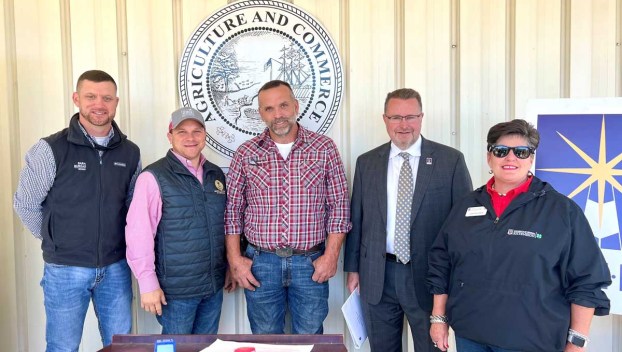
Local News
EXPO: Farmers’ Mental Health initiative launches
MOULTRIE — The Georgia Department of Behavioral Health and Developmental Disabilities (DBHDD), Georgia Department of Agriculture and the ... Read more

MOULTRIE — The Georgia Department of Behavioral Health and Developmental Disabilities (DBHDD), Georgia Department of Agriculture and the ... Read more

MOULTRIE — The Georgia Department of Behavioral Health and Developmental Disabilities (DBHDD), Georgia Department of Agriculture and the ... Read more